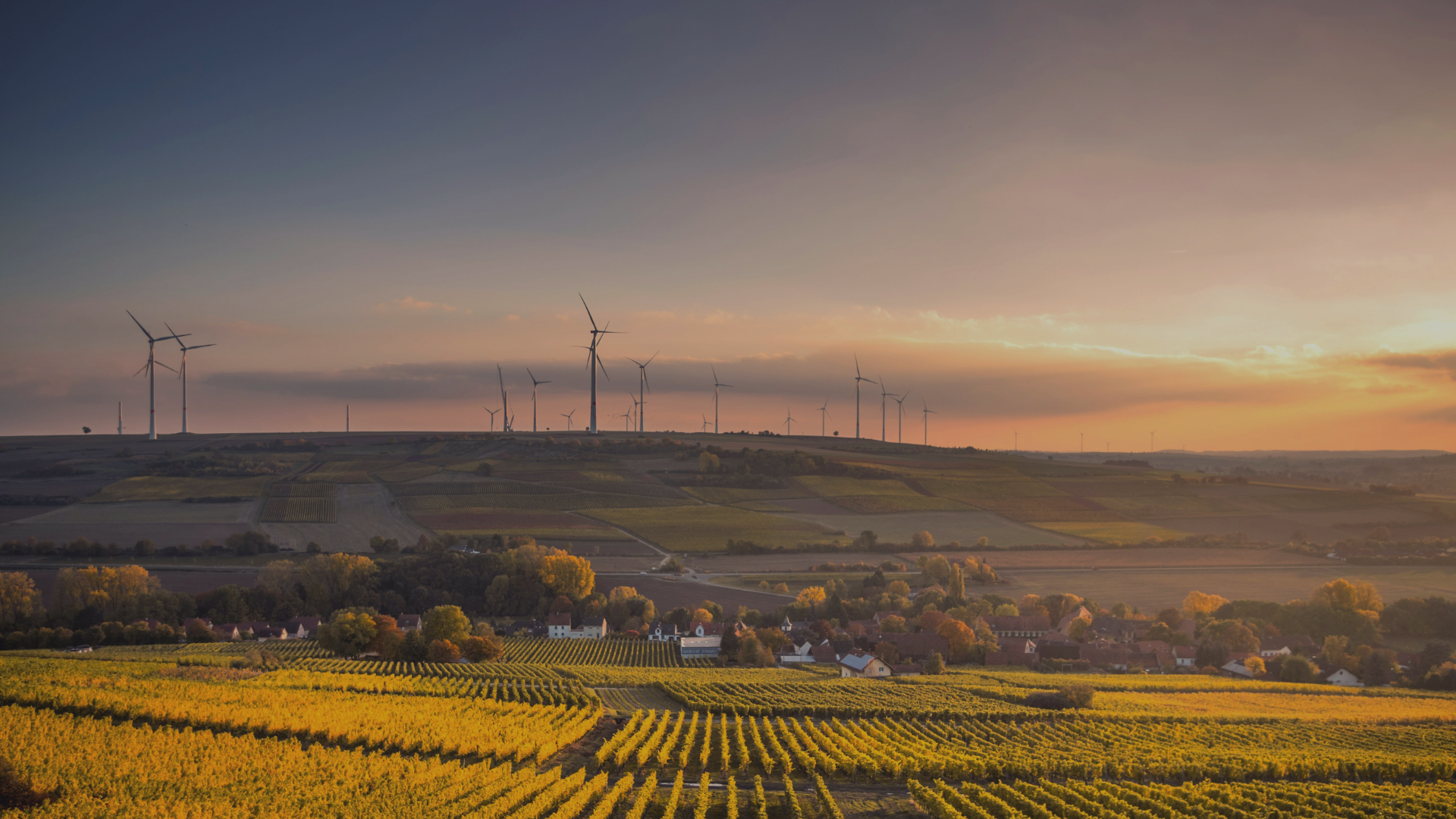Using Granular Energy Data to Improve Operations
Hotels often receive a single monthly utility bill—but by the time it arrives, it’s too late to make adjustments. Instead, real-time energy monitoring allows facility managers to:
- Identify rooms or zones with abnormal usage patterns
- Compare occupancy rates with energy load trends
- Optimize equipment schedules to reflect real-time demand
- Track the impact of retrofits or behavioral campaigns
- Support green certifications (like ENERGY STAR or LEED)
By measuring energy use on an hourly, room-level or system-level basis, hotel operators can make smarter decisions that reduce costs without affecting guest satisfaction.
Conclusion: Efficiency That Enhances Guest Experience
Energy efficiency doesn’t have to come at the cost of guest comfort. In fact, when done thoughtfully, it enhances the stay—quieter systems, better air quality, and more responsive rooms all contribute to a better experience.
For hotels looking to manage rising costs and meet sustainability expectations, adopting data-informed, guest-aware energy strategies is a logical next step. It’s not about cutting corners—it’s about doing more with less, in ways that benefit both the bottom line and the environment.
References:







